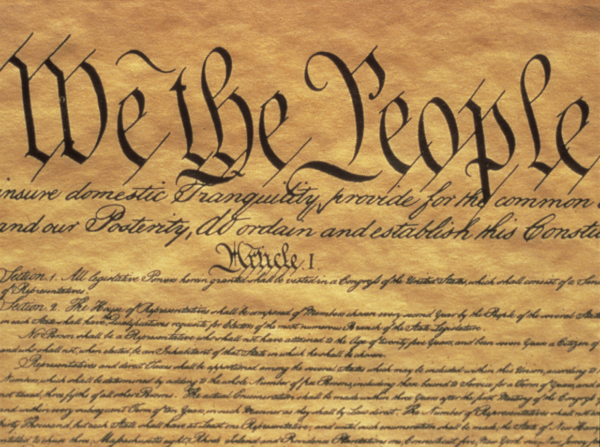ġÔṗÏÖḟĠċ And CAIR Urge Court To Uphold Ruling Blocking Oklahoma Sharia And International Law Ban
Discriminatory And Unnecessary Law Maligns American Muslims And Presents Legal Bind For Courts
FOR IMMEDIATE RELEASE
CONTACT: (212) 549-2666; media@aclu.org
OKLAHOMA CITY, OK â The ġÔṗÏÖḟĠċ and the Council on American-Islamic Relations (CAIR) filed a brief with the U.S. Court of Appeals for the Tenth Circuit late Monday, urging the court to uphold a ruling that blocked implementation of a discriminatory and unnecessary Oklahoma state constitutional amendment that prohibits courts from applying â or even considering â what is broadly described as Islamic "Sharia law" and âinternational law.â
The measure, officially titled the âSave Our State Amendment,â was temporarily enjoined last year by a lower court for blatantly disfavoring an entire faith and denying Oklahomaâs Muslims access to the judicial system on the same terms as every other citizen. The ġÔṗÏÖḟĠċ and CAIR are seeking to have the amendment permanently struck down.
âThis amendment is nothing more than a blatant attempt to subvert the Constitution by enshrining anti-Muslim bigotry into state law,â said Daniel Mach, Director of the ġÔṗÏÖḟĠċ Program on Freedom of Religion and Belief. âThe idea that followers of an entire faith should be treated like second-class citizens is ugly, discriminatory and profoundly un-American.â
â This brief and the courtâs previous ruling make clear that our Constitution does not tolerate using state laws to target religious minorities,â said CAIR Staff Attorney Gadeir Abbas.
Although even the amendmentâs supporters concede that Oklahomaâs courts have never improperly applied Sharia law, the measure was placed on the ballot by the legislature and approved by Oklahoma voters in November 2010. That vote prompted Muneer Awad, Executive Director of CAIRâs Oklahoma chapter, to file suit alleging violations of his rights under the Free Exercise Clause and Establishment Clause of the First Amendment.
Awad was deeply concerned that the law was not only discriminatory, but also would prevent courts from recognizing personal legal documents that incorporate his beliefs, such as his last will and testament. When the district court issued an order blocking implementation of the law, the state appealed.
âAs a citizen of Oklahoma, it is appalling to think that my state representatives regard my belief system and that of other Muslims as a threat,â said Awad. âThis law singles us out for no reason, and cuts us off from the protections of the law against discrimination that are granted to all other faiths.â
In addition to banning courts from considering Sharia law, the amendmentâs international law provision also suffers from major constitutional flaws. The law could prohibit Oklahoma courts from respecting international commitments, honoring global business agreements, and recognizing international adoptions and marriages conducted overseas.
âBarring courts from considering international law is not only constitutionally problematic but it is also unwise and counter-productive,â said Jamil Dakwar, Director of the ġÔṗÏÖḟĠċ Human Rights Program. âThe U.S. can hardly be taken seriously as a leader of global human rights, or even free trade, if states are permitted to disregard international law.â
Attorneys on the case include CAIR's Abbas, the ġÔṗÏÖḟĠċ Program on Freedom of Religion and Belief's Mach and Heather L. Weaver, ġÔṗÏÖḟĠċ of Oklahoma cooperating counsel Micheal Salem and Joseph Thai, Professor at the University of Oklahoma College of Law.
The response brief can be found here:
More information on this case can be found here:
More information on bans on Sharia and international law can be found here:
Related Documents



